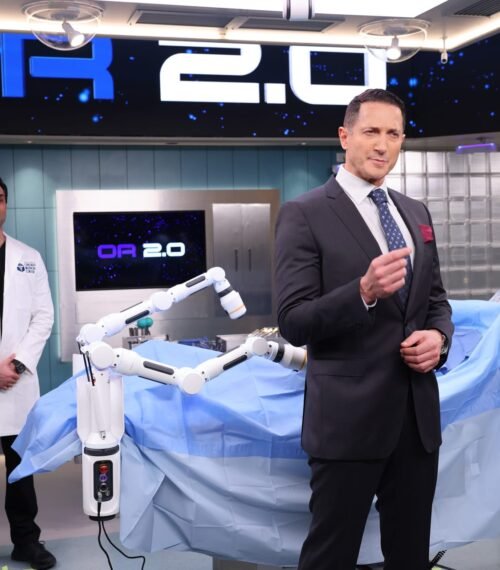Justin Hartley’s latest project, Tracker, which is based on Jeffrey Deaver’s Colter Shaw series, has sparked significant interest as one of the promising spinoffs this year. Yet, despite the excitement surrounding Hartley’s portrayal of Colter Shaw, concerns have emerged about the show’s adaptation and its potential pitfalls. The spinoff faces several challenges, particularly regarding how well it can honor the source material and whether it can succeed in carving out its own niche in the competitive world of crime drama series.
![]()
A Promising Lead with a Strong Background
Justin Hartley, widely known for his role in This Is Us, plays the enigmatic bounty hunter Colter Shaw in Tracker. His leading man status brings a considerable fanbase to the show, hoping to see Hartley excel in a different, more action-driven role. The actor’s past experience, coupled with his charismatic screen presence, sets the stage for a character that could resonate well with both fans of the original novels and newcomers alike.
However, Tracker enters a crowded genre. With the number of crime drama series dominating television today, the show’s success will largely depend on its ability to stand out. Shaw, as a character, is far from a typical detective or law enforcement agent—he’s a skilled "tracker" who operates in morally grey areas. This unique angle may attract viewers looking for something fresh but also puts pressure on the showrunners to stay true to Deaver’s intricate character without alienating audiences unfamiliar with the books.
The Colter Shaw Problem
While Tracker has potential, adapting a beloved literary character to the screen comes with inherent risks. Fans of the Colter Shaw series have strong opinions about how Shaw should be portrayed, and any deviations from the books could lead to backlash. This dilemma—balancing faithfulness to the original story with the need to make the show accessible and compelling to a broader audience—is what many are calling the “Colter Shaw problem.”
The challenge here lies not just in translating the character’s internal complexities but also in how his world will be brought to life on-screen. Shaw’s methods are unconventional, relying on his sharp instincts and physical prowess rather than traditional investigative tools. Successfully conveying this dynamic, especially when compared to more conventional law enforcement heroes in other crime dramas, is crucial for Tracker’s identity.
![]()
Spinoff Success or Oversaturation?
The TV landscape is currently awash with spinoffs, many of which struggle to capture the magic of their predecessors or source material. Tracker faces the dual hurdle of entering an already saturated market while trying to craft its own voice. Although Justin Hartley’s star power may draw initial viewers, the show’s longevity will depend on whether it can build compelling stories that differentiate it from the competition.
Furthermore, the pressures from both Deaver’s fans and general crime drama enthusiasts raise the stakes even higher. Shows like Bosch and Jack Ryan have found success by leaning into their unique strengths, and Tracker will need to do the same—either by staying true to the gritty, complex nature of Colter Shaw or by carving out a new direction that stays true to the spirit of the original while expanding its appeal.
Final Thoughts
While Tracker has all the makings of a solid addition to the crime drama genre, it faces substantial hurdles that could determine its future. From the expectations of Colter Shaw fans to the high bar set by other shows in the genre, Tracker has to walk a fine line between staying true to its literary roots and adapting for a modern TV audience. Whether it can overcome the “Colter Shaw problem” remains to be seen, but Justin Hartley’s involvement certainly gives the show a fighting chance.













































































































